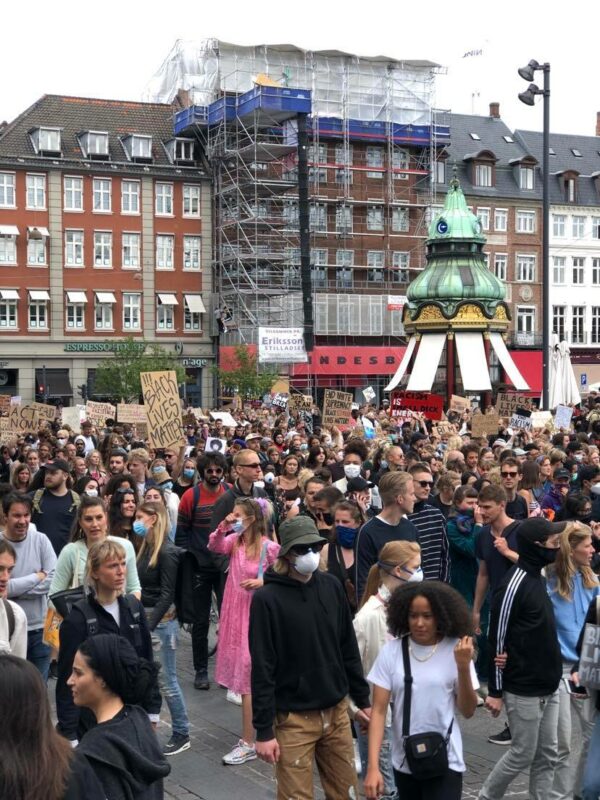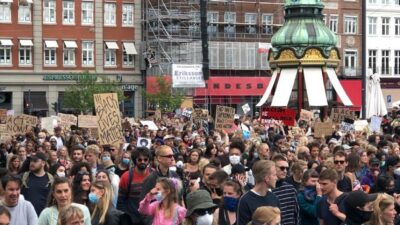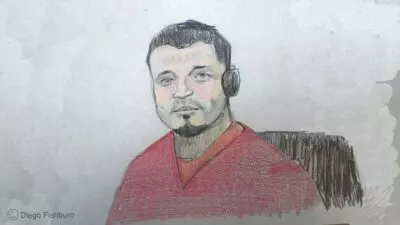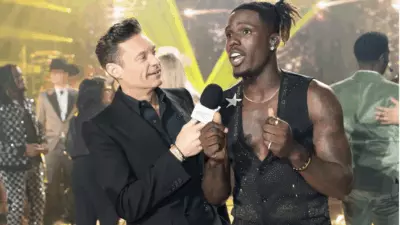Flipping through the TV channels while growing up in Denmark, I’d occasionally come across the hilarious Eddie Murphy movie about an African prince who travels to the only place in America where a visiting royal can find a suitable bride: Queens, N.Y.

Unfortunately, my own “Coming to America” story hasn’t been nearly as funny.
In the summer of 2020, I arrived in the United States for the first time and quickly found that chasing my own version of the American dream wasn’t as humorous as the movie suggests.
In a politically divided country that has clear “winners” and “losers,” I found myself in a privileged position — though clearly not as fortunate as Murphy’s wealthy Prince Akeem.
I came to America to study and play basketball on a full athletic scholarship at a private university. And like Prince Akeem, I emerged from the airport filled with a mixture of excitement and nervousness. But unlike Murphy’s character, my beaming smile diminished once the culture shock set in, despite me having consumed lots of American media while growing up in Denmark.
Somehow, by coming to America, I discovered I’d become an outsider. Every little thing was new to me, from the food and the way people speak to a very different education system, and I struggled to feel a sense of belonging. I could not ignore the obvious injustices, especially against people of color. And while Murphy made race the butt of many jokes, similar situations caused me more anxiety than laughs.
I arrived amid the unrest prompted by the fight for social justice. I recognized the polarization between the progessive university environment and conservatives in the state of Wisconsin.
I saw that while we students were having conversations about equality, equity, and inclusion, those values were rejected by others when the teen gunman Kyle Rittenhouse fatally shot two Black men at a Black Lives Matter protest only 45 minutes from campus.

I saw how a student-organized Black Lives Matter protest was applauded while marching through campus and how they were ignored and cursed when they walked through certain neighborhoods in Milwaukee.
When I looked at myself in the mirror, it was only then that I realized I had become “Black” by coming to America. My half Nigerian and half Danish genes had never made me Black in Denmark; they made me what I am: half Nigerian and half Danish.
However, since I have become Black, I feel vulnerable to the racial injustices that the whole country has been debating. While the rest of the world, Denmark included, was surprised that both George Floyd and Breonna Taylor were killed by the police who were meant to protect them, the fears of my black teammates were confirmed. This was a fear I never was forced to consider before.
To me, America meant possibilities. Yet I also saw how being an American isn’t equal to having those same possibilities that I am chasing.
It was also clear that I had put myself in a position to become a “winner,” but that here the “winners” tend to ignore the “losers” (those less fortunate than others), even when playing on an extremely uneven playing field.
But, like Prince Akeem, I also found the “dream” I was pursuing — playing basketball at a Division I program, while studying journalism at a well-regarded university.
Now that I’m back in Denmark for the summer of 2022, the most lasting impression I have taken home is that, in pursuing a dream, the humor quickly fades.
Like Prince Akeem in “Coming to America,” I arrived in the States armed with the privilege of being able to leave these injustices behind when I return to my native country.
Unfortunately for them, some of the Americans I’ve come to know during my time there still face them every day.







